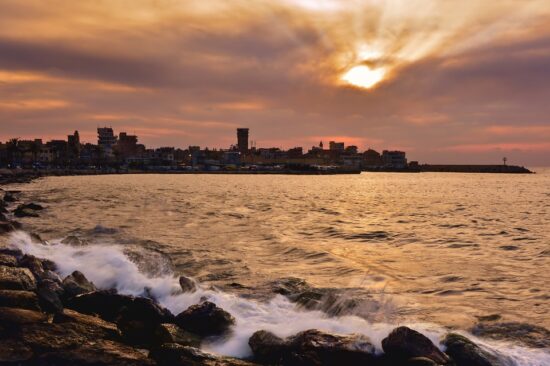Role of antibiotic residues in development of antibiotic resistance in coastal bacterial communities
Antibiotics are becoming pollutants in water due to inadequate treatment, improper dumping, and agricultural runoff. This leads to antibiotic resistance, endangering human health and marine aquatic life. The Gulf of Khambhat in India faces increasing antibiotic contamination from industrial discharges, agricultural runoff, and aquaculture effluents. Bacterial resistance profiling revealed widespread multidrug resistance, even in undetectable residues. The Gulf’s ecological and economic significance underscores the need for stricter wastewater management and pollution control to curb antibiotic-resistant bacteria’s spread.
AMR NEWS
Your Biweekly Source for Global AMR Insights!
Stay informed with the essential newsletter that brings together all the latest One Health news on antimicrobial resistance. Delivered straight to your inbox every two weeks, AMR NEWS provides a curated selection of international insights, key publications, and the latest updates in the fight against AMR.
Don’t miss out on staying ahead in the global AMR movement—subscribe now!






